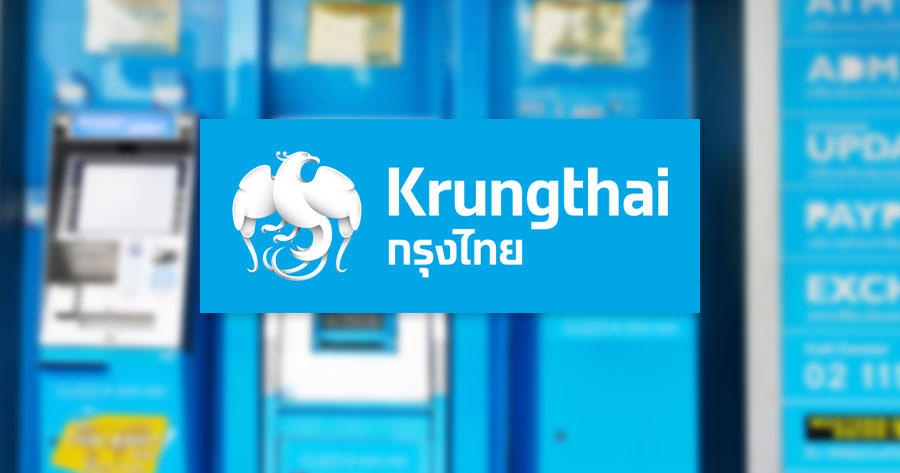Krung Thai Bank Public Company Limited (SET: KTB) reported a strong earnings performance for the third quarter of 2025 (3Q25), with consolidated net profit rising 25.1% year-on-year (YoY) to Baht 14,620 million.
The profit surge came despite a contraction in lending income, as the Bank capitalized on robust non-interest income growth and disciplined expense management.
Total operating income rose 3.4% YoY, while net interest income (NII) declined 13.4% to Baht 25,871 million. The drop in NII reflected the lower interest rate environment and KTB’s proactive rate adjustments to support borrowers. Consequently, the Net Interest Margin (NIM) narrowed to 2.74% in 3Q25 from 3.35% in 3Q24.
Total loans contracted 3.9% from the end of 2024, primarily due to repayments in the corporate and government sectors, though retail lending, particularly housing loans, continued to expand.
Balancing this weakness, other operating income surged 92.2% YoY to Baht 10,830 million, driven by strong global markets business performance and significant investment gains from debt securities and foreign exchange operations under favorable market conditions.
In addition, net fee and service income grew 3.7% YoY, supported by continued expansion in wealth management services.
KTB delivered notable efficiency improvements, with total operating expenses down 6.8% YoY, reducing the cost-to-income ratio to 37.7%, from 41.8% a year earlier.
The Bank also maintained a prudent credit risk posture, setting aside Expected Credit Loss (ECL) of Baht 7,202 million, down 13.4% YoY. The credit cost decreased to 1.09% from 1.29%, consistent with improved portfolio quality.
Asset quality strengthened, with the Non-Performing Loan (NPL) ratio improving to 2.88% as of September 30, 2025, compared to 2.99% at the end of 2024, supported by the reclassification of a large corporate exposure. The coverage ratio rose to a robust 206.6%, up from 188.6% at year-end 2024, reflecting KTB’s continued caution amid external risks, including U.S. trade policy uncertainty and Thailand’s elevated household debt levels.





